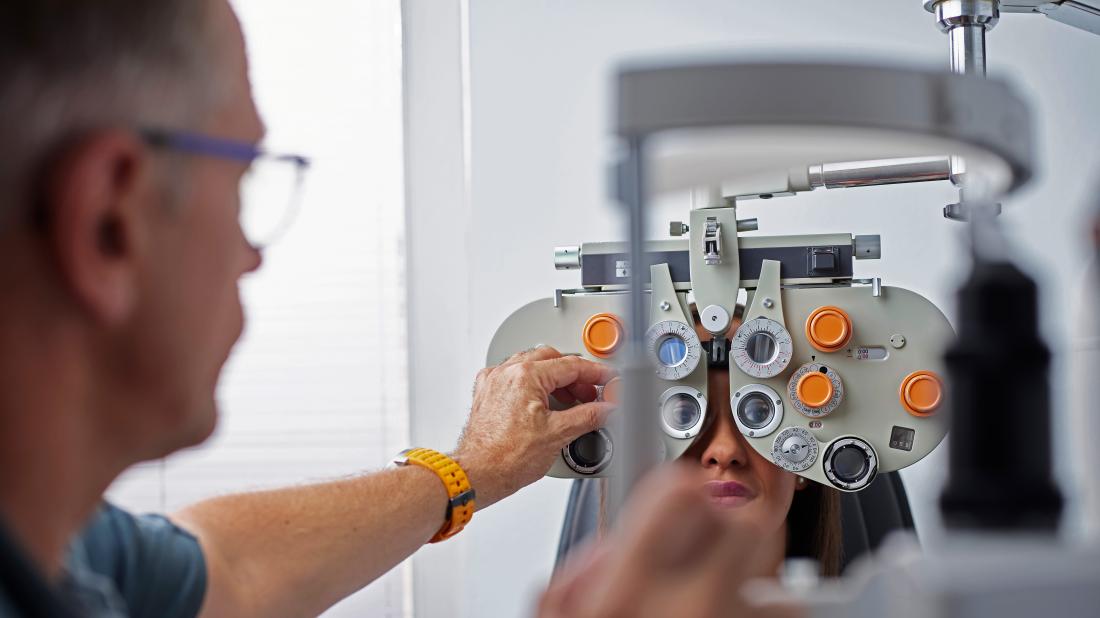Introduction
Eye specialists are physicians who specialize in the diagnosis and treatment of eye diseases and injuries. They work in a variety of settings, including hospitals, clinics, and optical stores. They may treat eye diseases such as glaucoma, macular degeneration, and diabetic retinopathy. They may also perform surgery to correct eye defects. Eye specialists are often involved in research efforts to improve the treatment of eye diseases. Eyecare specialists are medical professionals who specialize in the diagnosis and treatment of eye problems. They may work in an optometrist’s office, a hospital ophthalmology department, or in private practice. They typically have a degree in optometry, ophthalmology, or another related field. They may also have experience working as a doctor’s assistant or nurse’s aide. Eye specialists can diagnose and treat conditions such as glaucoma, macular degeneration, cataracts, and diabetic retinopathy.
How Do eye specialists Work?
Eye specialists work to diagnose and treat eye diseases. They use a variety of techniques, including eye exams, X-rays, and scans. If a patient has an eye disease, the specialist will recommend a treatment plan. eye specialists can also help people who have lost their vision due to injury or age. There are many different types of eye specialists. Here we will discuss how three different types work:
- Ophthalmologists, optometrists, and opticians. Ophthalmologists are medical doctors who specialize in the medical and surgical treatment of disorders of the eye.
- Optometrists are not medical doctors, but they are regulated by a national body in most countries.
- They are able to diagnose and treat some eye conditions and prescribe glasses and contact lenses.
What Should I Expect in an Exam for an Eye Specialist?
If you are looking to see an eye specialists, you should expect to visit the doctor for an exam and possibly a few tests. During the exam, your doctor may take a medical history and perform a physical examination. If you are thinking about undergoing an eye exam, you should expect to be asked a variety of questions.
The doctor will want to know your symptoms, what you have seen in the past, and how well you see in different lighting conditions. They will also want to know your medical history and if you have any allergies to any of the materials used during the exam. If you are interested in becoming an eye specialist, you will need to pass a qualifying exam. This exam is designed to test your knowledge of eye health and anatomy.
You will also be required to complete a residency program before you can actually practice as an eye specialist. The exam is challenging, but with the help of a qualified instructor, you can ensure a successful outcome. He or she may also ask about your symptoms and how you have been using your eyes. Tests that may be performed during the exam include:
- An optic nerve evaluation to assess whether there is damage to the optic nerve, which can lead to blindness
- A visual field test to measure how much of the visual field is seen.
- A retinal evaluation to check for any problems with the retina, such as macular degeneration or diabetic retinopathy
Conclusion
Eye specialists perform a wide variety of exams and tests in order to help diagnose and treat vision problems. This includes tests of the eye muscles, retina, and optic nerve. They also test for color blindness, glaucoma, and cataracts. In addition, eye specialists may prescribe eyeglasses, contacts, or medications.

